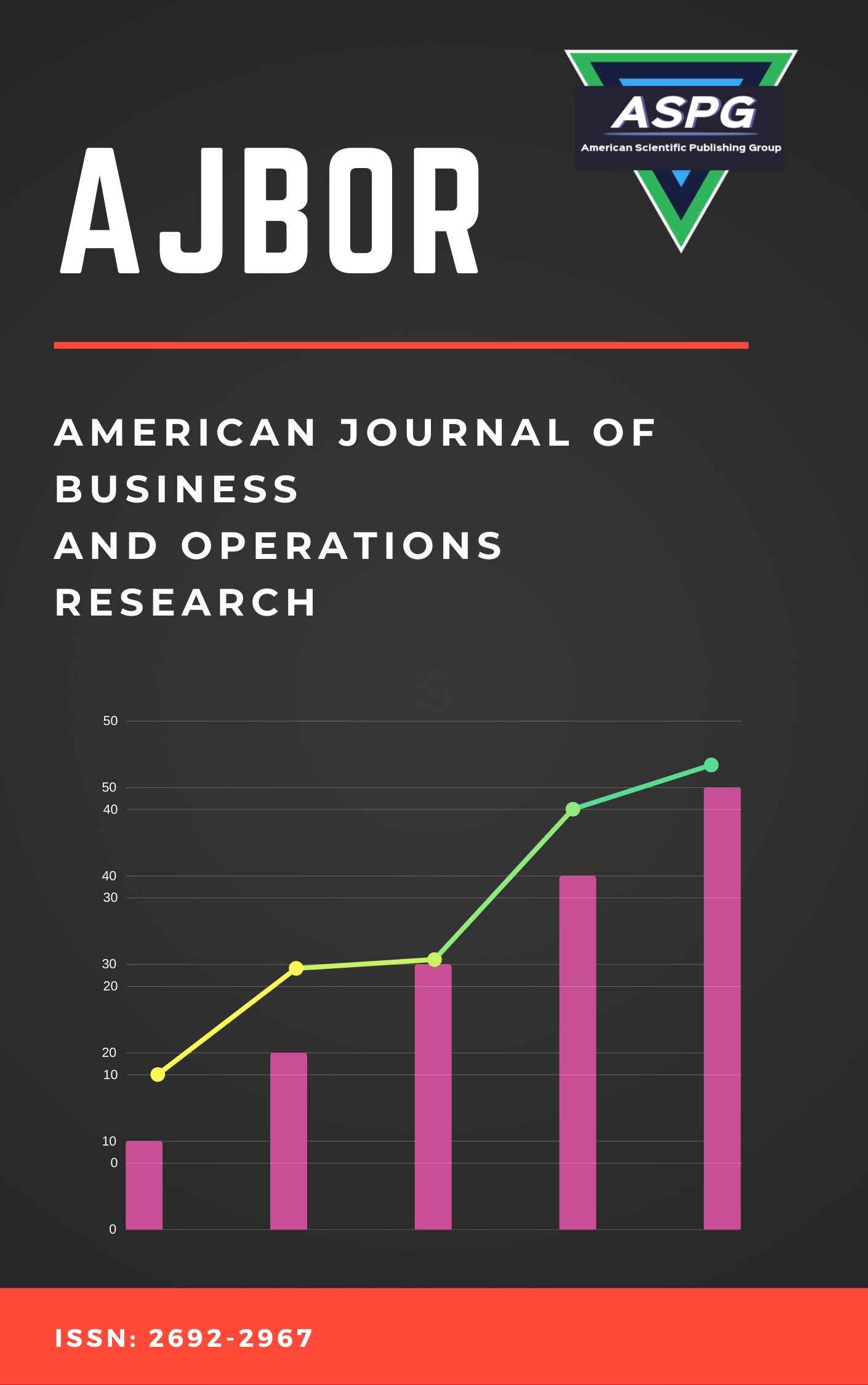

The onset of the information technology revolution, economic globalization, and high customer expectations have all contributed to significant developments in businesses supply chain management (SCM). Due to the plethora of data generated throughout the entire supply chain has transformed how SCM analysis is conducted. Also, Retailers, in particular face the challenge of managing SC effectively to meet customer demands while reducing costs. Herein, we suggest an approach to optimize SCM using retail analysis techniques. As one of the most well-known artificial intelligences (AI) approaches and machine learning (ML) applications in SCM are the main goals of this study. By constructing conceptual framework, data analytics, ML, and optimization techniques are integrated to generate Intelligent Support Techniques (ISTs) for analyzing SC data and identify opportunities for improvement. We apply retail analysis techniques such as demand forecasting, inventory management, and assortment planning to optimize supply chain operations. The efficiency of our ISTs verified through employing it in a real-world case study of a large retail chain. Our results show that the suggested ISTs can lead to significant improvements in supply chain performance, including increased sales, reduced inventory costs, and improved customer satisfaction.
Read MoreDoi: https://doi.org/10.54216/AJBOR.020201
Vol. 2 Issue. 2 PP. 73-81, (2021)
The success of any business organization depends on efficient supply chain management (SCM) that ensures the timely delivery of products to customers. The retail analysis technique (RAT) has emerged as a powerful tool for optimizing SCM by enabling companies to identify and analyze sales trends, inventory levels, and customer demand patterns. This paper explores the use of retail analysis techniques in SCM and how they can be leveraged to enhance the efficiency and effectiveness of supply chain operations. We then present a unified RAT framework that integrates data mining, predictive analytics, and machine learning for optimizing SCM. Additionally, the paper presents a case study of a company that has successfully implemented retail analysis techniques in its SCM practices. The case study highlights the specific strategies and tactics that the company used to optimize its supply chain operations and achieve significant improvements in efficiency and performance. Our analysis shows that RAT is an effective technique for optimizing SCM, and companies that implement it can gain a competitive advantage in the marketplace.
Read MoreDoi: https://doi.org/10.54216/AJBOR.020202
Vol. 2 Issue. 2 PP. 82-88, (2021)
In the fast-paced world of e-commerce, understanding customer behavior is essential for success. Business intelligence (BI) tools provide valuable insights into customer transactions and can be used to model and predict customer behavior. This paper explores the use of BI techniques for modeling customer transaction behavior in e-commerce. We discuss the various types of BI tools available and their use in analyzing customer data. We then outline a framework for using BI to develop a customer transaction behavior model, including data collection, preprocessing, feature selection, and model selection. Finally, we present a case study in which we apply this framework to a real-world e-commerce dataset and demonstrate the effectiveness of our approach in predicting customer behavior. Our results show that BI techniques can be an effective tool for modeling customer behavior in e-commerce, providing valuable insights for businesses looking to optimize their operations and increase customer satisfaction.
Read MoreDoi: https://doi.org/10.54216/AJBOR.020203
Vol. 2 Issue. 2 PP. 89-97, (2021)
The surge of Fintech data and its implications on informed decision-making within the transportation sector have spurred the need for advanced analytical frameworks. This study addresses the challenge of leveraging Fintech data's temporal dynamics to enhance predictive capabilities and decision-making. The methodologies encompass an AutoEncoder (AE) for spatial feature extraction and an Improved Gated Recurrent Unit (IGRU) to capture temporal dependencies. Additionally, the Huber loss function optimizes model parameters, particularly in handling outliers. Integrating these techniques, our study explores Fintech data's spatial and temporal patterns, contributing insights for transportation planners and Fintech industries. Results demonstrate the efficacy of AE in learning spatial features, while IGRU effectively captures temporal dependencies, enabling the prediction of Fintech data with enhanced accuracy. The application of Huber loss ensures robustness by mitigating outlier influence. By the study's end, the model's predictive capabilities foster informed decision-making, offering opportunities to enhance Fintech data quality, reduce congestion, and bolster road safety. Overall, this research underscores the significance of advanced machine learning methodologies in decoding Fintech data's intricacies, laying a foundation for data-driven decision-making in the transportation and Fintech sectors.
Read MoreDoi: https://doi.org/10.54216/AJBOR.020204
Vol. 2 Issue. 2 PP. 98-105, (2021)
Amidst the evolving landscape of finance, integrating sustainability principles into asset management stands as a pivotal pursuit for fostering long-term value creation. This research addresses the symbiotic relationship between business intelligence methodologies and sustainable asset management within the domain of finance. Leveraging advanced machine learning techniques including logistic regression, XGBoost, and CatBoost, this study delves into the exploration of sustainable finance practices and their implications for optimized asset management strategies. The study analyzes and models Asset data, aiming to understand the multifaceted dynamics and interdependencies shaping sustainable asset management decisions. Logistic regression serves as a foundation to model the relationships between variables, while XGBoost and CatBoost handle the complexities of categorical attributes, predicting outcomes related to sustainability metrics and financial performance indicators within the asset portfolio. Through comprehensive analyses and visualizations, this research illuminates critical insights into the influential factors driving sustainable asset management decisions. The findings underscore the significance of leveraging data-driven methodologies to optimize asset management strategies aligned with environmental, social, and governance considerations.
Read MoreDoi: https://doi.org/10.54216/AJBOR.020205
Vol. 2 Issue. 2 PP. 106-114, (2021)